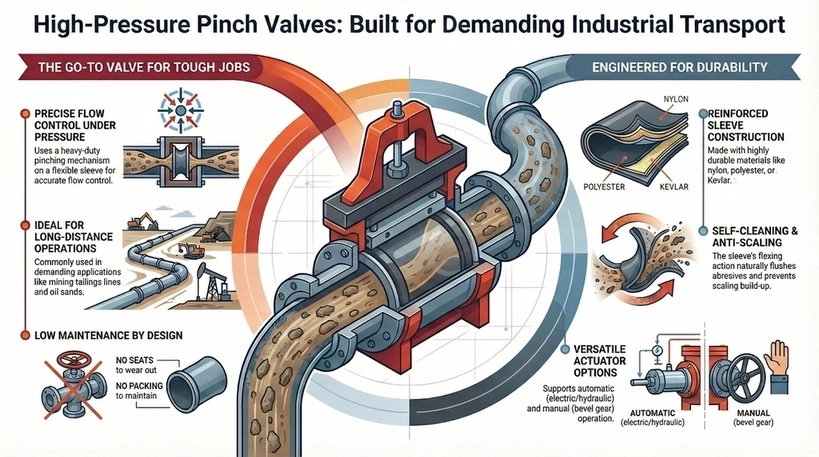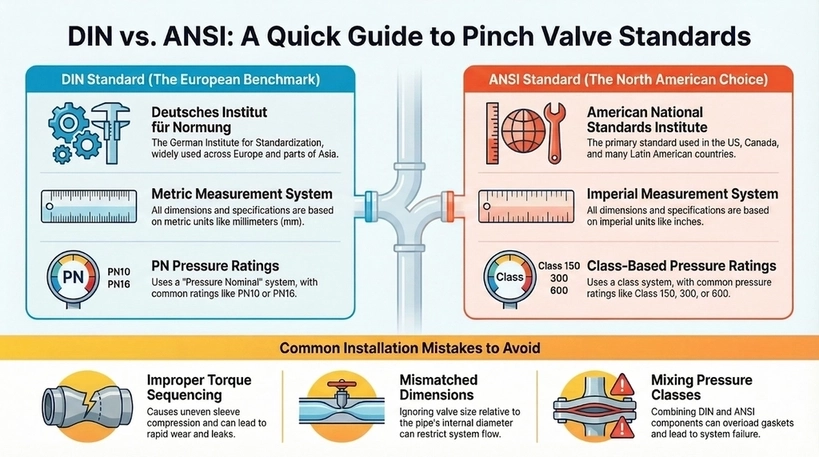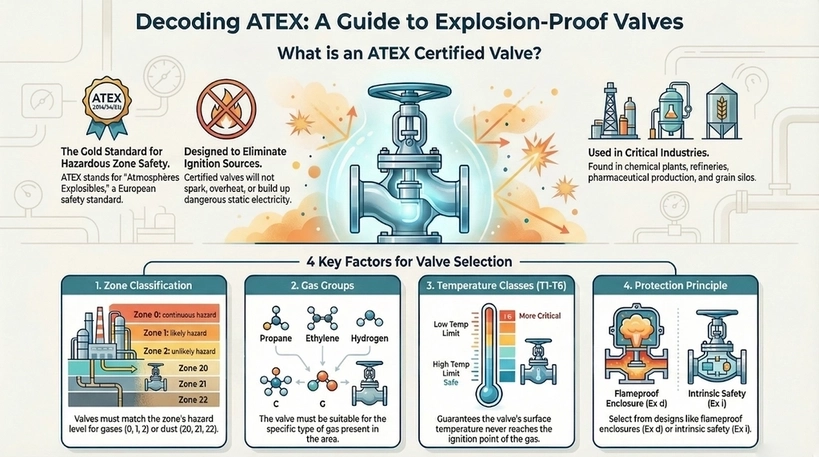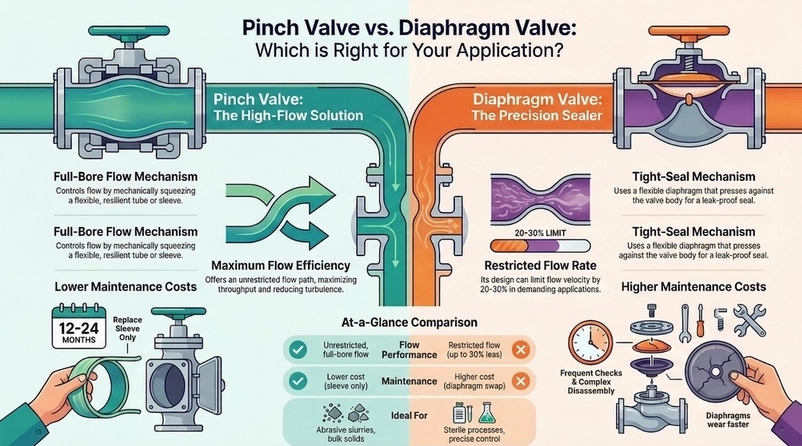

Pre-filtration is important because it prevents costly system damage and extends equipment life. When you install the right pre filter, it means that your customer’s entire system stays protected from harmful contaminants. Although many contractors might see it as an optional component, a good pre filter can actually save thousands in repairs and maintenance down the road.
The Flint water crisis shows what happens when pre filtering fails on a large scale. When the city switched to the Flint River as its water source in 2014, inadequate pre filtration let lead and bacteria slip through.
The result? Over a billion dollars in damages and countless health problems for residents. All because the right pre filter water filter systems weren’t in place.
The truth is that systems without proper pre filtration often develop problems that could have been easily prevented. It means that you’ll likely be making more warranty service calls than necessary, and it also damages your reputation over time.
A good pre filter water filter system creates a first line of defense by:
For contractors, this means fewer warranty calls, satisfied customers, and systems that perform as promised for years.
There are three pre filtering approaches that can work for most contractor applications:
Reliable filtration to protect valves and pipelines — Y, T, basket, and duplex types available.
Explore Strainers
Systems with proper pre filtration simply run more efficiently. Your customers will see the difference in lower energy bills because pumps and equipment don’t have to work as hard when they’re free from debris contamination.
Although the initial investment in quality pre filtering might seem like an extra expense, it pays for itself quickly. It means that your customers enjoy reduced operational costs throughout the system’s lifespan.
One of the most compelling selling points for pre filtration is how dramatically it extends equipment life. When you explain that pre filtering can double or triple the lifespan of expensive components, customers quickly understand the value proposition.
Pumps, valves, and specialized equipment that receive filtered water or air simply last longer. That can translate to significant savings over time. It also means fewer replacement projects and more satisfied customers.
What is pre filter technology’s biggest day-to-day benefit? Consistent performance that keeps customers happy. Whether it’s a pool pre filter maintaining crystal clear water or an HVAC system running at peak efficiency, customers notice when things work as promised.
Pre filtering ensures that system performance doesn’t degrade over time due to contaminant buildup. It means fewer complaints and more referrals for your business.
| Application Type | Recommended Pre-filter | Key Considerations | Maintenance Needs |
| Residential Water | Cartridge Filters | Space limitations, Moderate flow rates | 3-6 month replacements |
| Commercial HVAC | Y-Strainers | High pressure tolerance, Continuous operation | Annual cleaning |
| Pool Systems | Pool Pre Filter | Chemical compatibility, Variable flow rates | Seasonal maintenance |
| Industrial Processes | Basket Strainers | Heavy debris load, High-value protection | Monthly inspection |
| Food Processing | Bag Filters | Sanitary requirements, High flow rates | Quarterly replacement |
When determining what pre filter is best suited for your installation, this guide can help you make recommendations that truly benefit your customers. Although each system has unique requirements, these starting points will steer you in the right direction for most applications

High pressure pinch valves, like PN16 pinch valve and class 150 pinch valve designs, involve a rugged and heavy-duty pinching mechanism in positioning the sleeve, resulting in an almost accurate and measurable flow of media. This kind of valve is popular and commonly used for long distance operations in mining tailings lines or oil sands, […]

Understanding pinch valve dimensions and flanges ensures seamless integration into piping systems, particularly when choosing between DIN vs ANSI. The two are different but commonly used standards by organizations in engineering, manufacturing, and product design. DIN was developed in Germany but widely adopted across Europe and parts of Asia. Meanwhile, ANSI standards, which originate from […]

Selecting the appropriate explosion proof valve is essential for safety in industries that pose explosion risks. ATEX certified valves guarantee compliance with European standards, preventing ignition sources from heat, sparks, or static electricity. This blog explores key factors for choosing ATEX certified explosion proof valves that ensure overall operational safety, highlighting the entailed regulations and […]

When handling abrasive or viscous media in industrial processes, the type of valve used can heavily affect the performance, efficiency, and overall user experience. In relation to this, two of the most common valve options are pinch and diaphragm valves. In this blog, we delve into the pinch valve vs diaphragm valve discussion, analyzing flow […]



